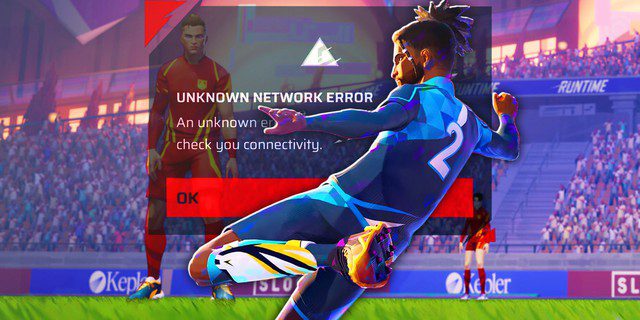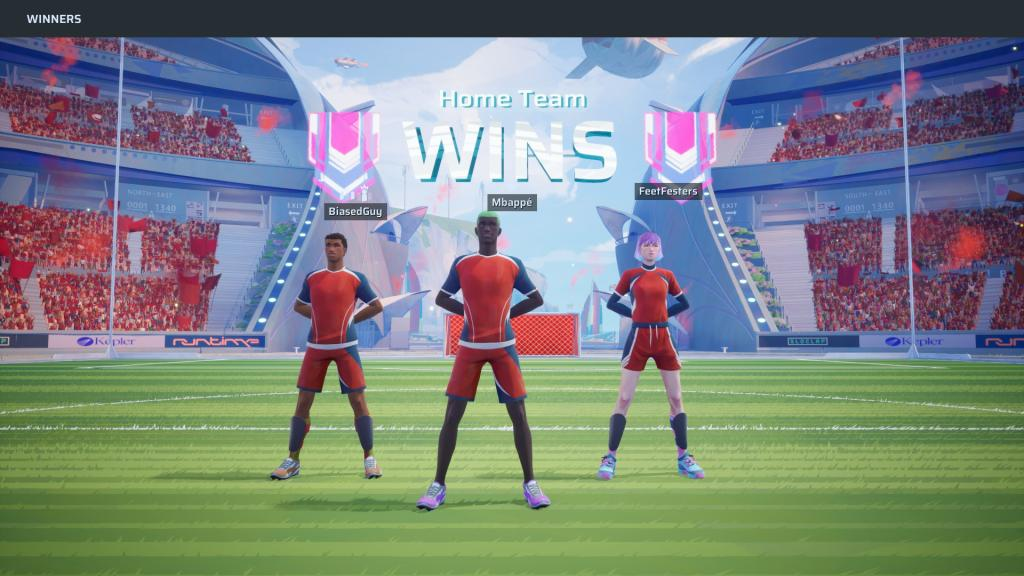The arcade-style football game Rematch officially launched this week with numerous features for the gaming community passionate about online sports.
However, the ongoing issues with performance, particularly the “lag” phenomenon, have significantly impacted the gaming experience – especially in a game where every technical maneuver requires precise execution.

Right from the testing phase, Rematch encountered several issues with game servers such as frame drops and delayed ball control, which did not meet expectations.
As players’ skills improved, these issues became more apparent. Unfortunately, upon official release, the situation has not improved significantly. According to feedback from players, lag issues occurred in about 30% of matches, both on Steam and Xbox. Nevertheless, this is still an improvement compared to previous testing phases. The “input delay” when passing and receiving the ball has been significantly noted, especially in matches where lag or connection issues were more pronounced. It’s worth noting that playing in groups can help reduce lag, while playing solo tends to encounter more direct interruptions. However, all these observations remain subjective and lack concrete statistical data.

Unlike some other games where players might “live with lag,” in Rematch, every ball touch must be accurate down to the frame. The gameplay encourages players to be precise, delivering long passes, dribbling, or ball control – actions that are easily disrupted if there’s even a slight lag during a match. While players may enjoy practicing individual combos or refining their passing skills during training modes, every match can feel jittery if lag occurs. Compared to FIFA or Rocket League, Rematch also demands real-time input responsiveness.

It cannot be denied that Rematch is a breath of fresh air in the football arcade genre – a niche that has long needed revitalization. However, if the development team, Sloclap, does not quickly address the performance issues, many players may feel disappointed and leave. The critical question arises: Will the lag issue persist after the initial release, or is this an example of a studio lacking experience with a live-service model that was not adequately prepared for a robust launch?




















